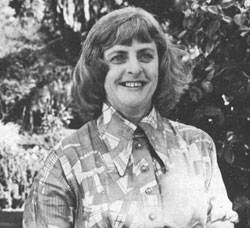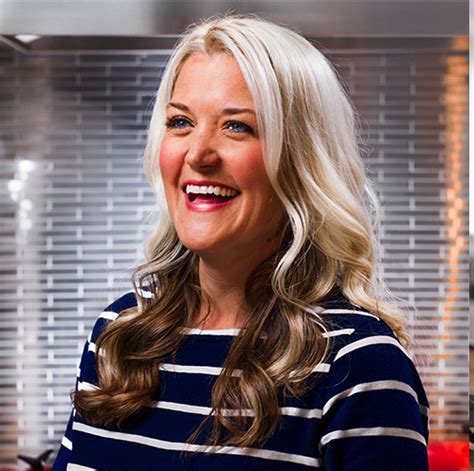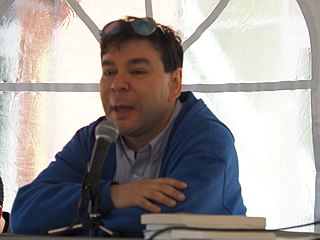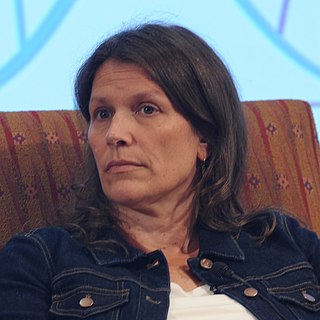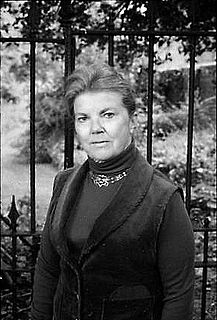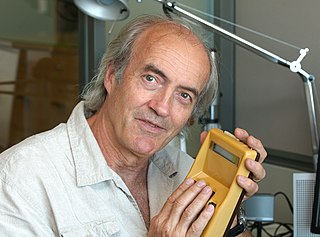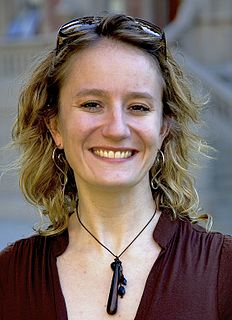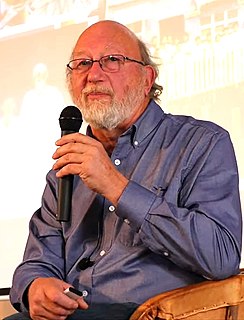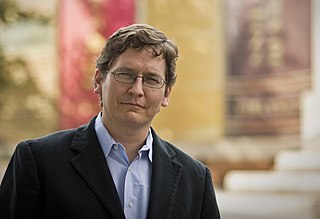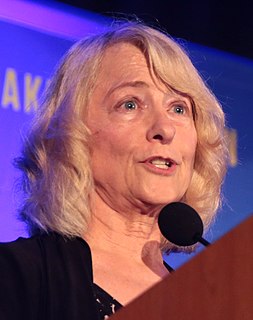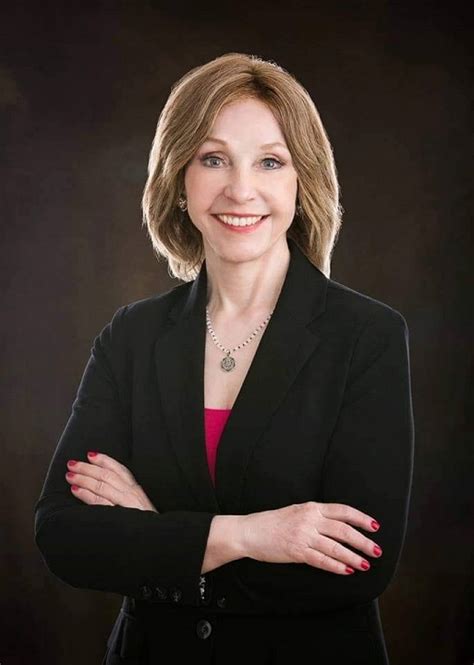A Quote by Marie Clay
As the child approaches a new text he is entitled to an introduction so that when he reads, the gist of the... story can provide some guide for a fluent reading.
Related Quotes
When you raise a child, you don't sit down and take all the rules of life, write them into a big catalog, and start reading the child all these individual rules from A to Z. When we raise a child, a lot of what we do is let the child experiment and guide the experimentation. The child basically has to process his own data and learn from experience.
I have been working with the World Health Organization since 1989 in an effort to redefine approaches to contraceptive introduction. This has given me the opportunity to insist that strategies for research and policy development must simultaneously address people's needs, the capacity of programs to provide good quality of care, and the range of technological options available.
With Orff it is text, text, text - the music always subordinate. Not so with me. In 'Magnificat,' the text is important, but in some places I'm writing just music and not caring about text. Sometimes I'm using extremely complicated polyphony where the text is completely buried. So no, I am not another Orff, and I'm not primitive.
The inspiration is all in the script, in the text. So whatever it is, either it is a film or a book to be illustrated, anything. Everything you need to know is in the text. So the thing is trying to find right tone and voice, the right style, the right way of expressing the emotions in a story or in the location of the story, but it is all in the text.
Since I went public with my story, I've never experienced such hate. I sometimes want to crawl under my blanket and hide forever and say, "No, that's some other girl who had an opinion." My blood has boiled a few times, but I just have to come back to earth and say people are entitled to their own opinions and I'm entitled to share my story the way I want. And that's exactly what I'm doing.
Next to praying there is nothing so important in practical religion as Bible reading. By reading that book we may learn what to believe, what to be, and what to do; how to live with comfort, and how to die in peace.” Happy is that man who possesses a Bible! Happier still is he who reads it! Happiest of all is he who not only reads it, but obeys it, and makes it the rule of his faith and practice!
